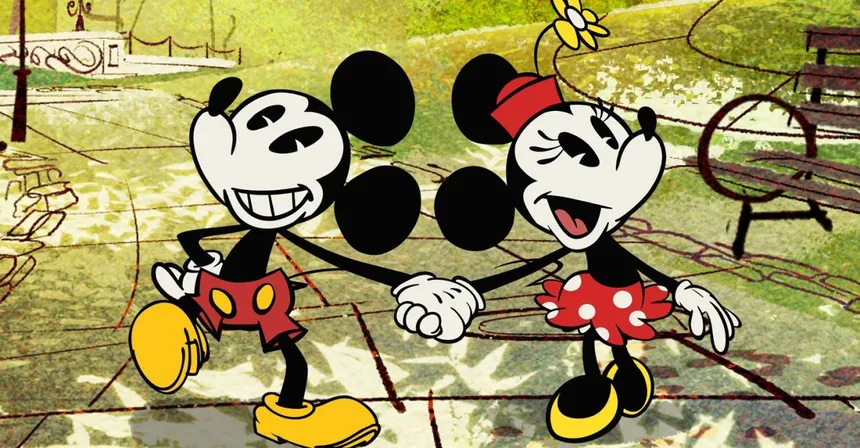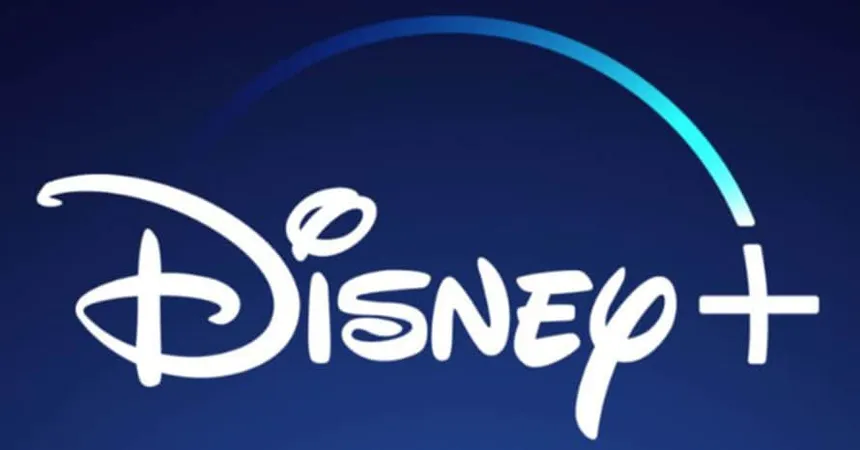The Disney Channel was once notorious for its strict 65-episode limit on original TV shows. This policy, known as the 65-Episode Rule, was enforced regardless of the show’s popularity or success, much to the frustration of fans and creators. The rule was designed to control production costs and guarantee syndication, but it inadvertently curtailed the development and longevity of beloved shows. Shows like Lizzie McGuire and Even Stevens were abruptly cut short, leaving fans clamoring for more.
Lizzie McGuire, in particular, was a victim of this rigid policy. Despite its massive popularity, the show was forced to end after just 65 episodes in 2004. The network gifted fans with a feature film, The Lizzie McGuire Movie, but it was a pale substitute for the series. Even Stevens suffered a similar fate, producing only three seasons before being ended abruptly. The show’s stars, Shia LaBeouf and Christy Carlson Romano, were forced to move on to other projects before their time.

A Still From Mickey Mouse (Photo: Disney)
Not all shows were subject to the 65-Episode Rule, however. Shows like That’s So Raven and Kim Possible managed to break free from the constraints and produce more episodes. That’s So Raven, starring Raven-Symoné, became one of Disney’s longest-running original series, producing a whopping 100 episodes. Kim Possible, a teenage crime fighter series, was initially set to end after 65 episodes but was eventually given a fourth season after the success of its TV movie, So the Drama.
By the mid-2000s, Disney began to realize that the media terrain was changing and that its rigid policy needed to evolve. The rise of digital platforms and changes in audience consumption habits led the network to rethink its approach. Eventually, the 65-Episode Rule was relaxed, paving the way for a new era of Disney Channel programming. Classic shows are now available to stream on Disney+ in the U.S., allowing fans to revisit their favorite childhood shows. The relaxation of the 65-Episode Rule has enabled shows to develop more fully and contribute to the channel’s growth and success in an increasingly competitive entertainment world.
























